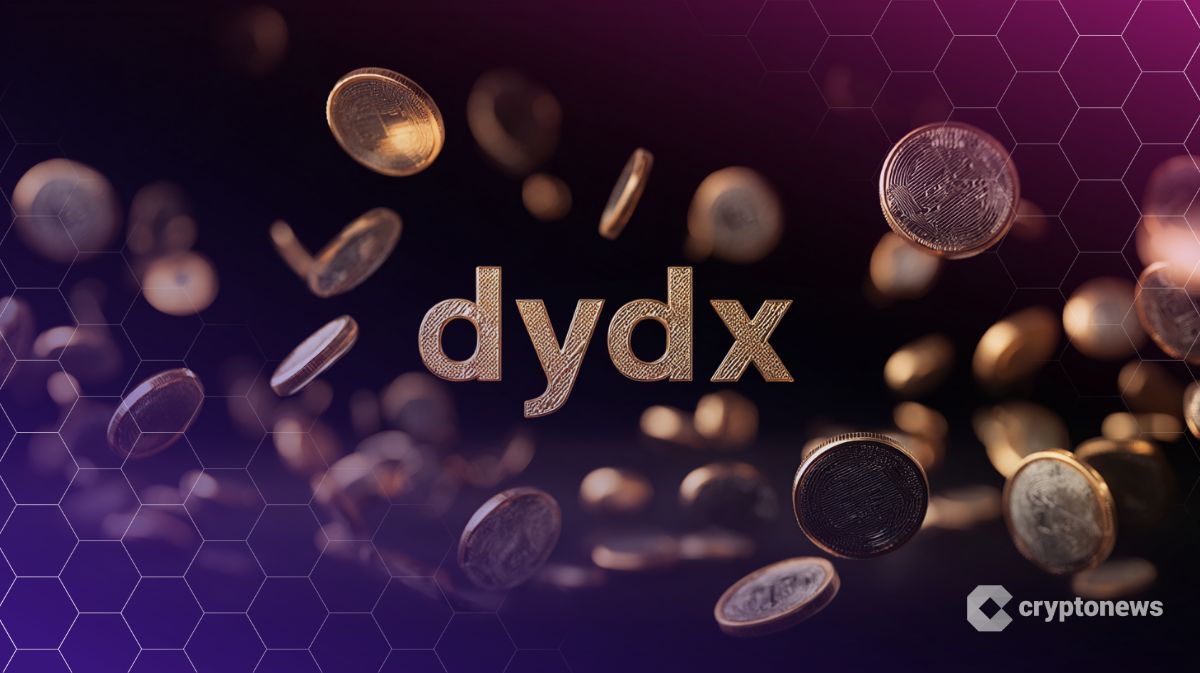MEI Pharma bets $100m on Litecoin as Charlie Lee joins board
The Nasdaq-listed biotech firm is making an unprecedented pivot into crypto, committing $100 million to a Litecoin treasury strategy, with the coin’s creator, Charlie Lee, now at the helm.
In a press release dated July 18, the Litecoin Foundation announced that Nasdaq-listed biotech firm MEI Pharma has committed $100 million to a dedicated Litecoin (LTC) treasury strategy, with crypto investment firms Titan Partners and GSR leading the private placement.
The move marks one of the largest corporate allocations to Litecoin to date and comes with a major twist: Charlie Lee, Litecoin’s creator, will join MEI Pharma’s board of directors. The Litecoin Foundation has also taken a stake in the company, signaling a rare convergence of biotech and blockchain.
MEI Pharma’s Litecoin Bet
MEI Pharma’s $100 million Litecoin treasury play can be seen as a strategic alignment with a cryptocurrency that has quietly dominated real-world payments while larger assets like Bitcoin and Ethereum grabbed headlines.
According to the announcement, the decision was driven by Litecoin’s reliability as a low-cost, high-speed transactional network, particularly in cross-border payments and retail integrations. Platforms like BitPay, where Litecoin consistently processes more transactions than Bitcoin, demonstrate its utility beyond speculative trading.
“This partnership with GSR and MEI Pharma brings that utility and mission into an institutional setting for the first time,” said Charlie Lee, whose board appointment underscores the long-term vision behind the move.
Unlike Bitcoin, which has become a macro hedge for corporations, or Ethereum, favored for its smart contract capabilities, Litecoin offers something different: a battle-tested payment rail with minimal fees and near-instant settlement.
For a company like MEI Pharma, which may need to move capital efficiently across global markets, this functionality could prove more valuable than price appreciation alone.
The Litecoin Foundation’s direct investment in MEI Pharma further cements the partnership’s strategic nature. Rather than a passive treasury allocation, this is a deliberate integration into Litecoin’s broader adoption push.
You May Also Like

dYdX Snaps Up Telegram Trading App That Hit $1B Volume in Under a Year

Trump signs stablecoin bill into law
